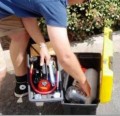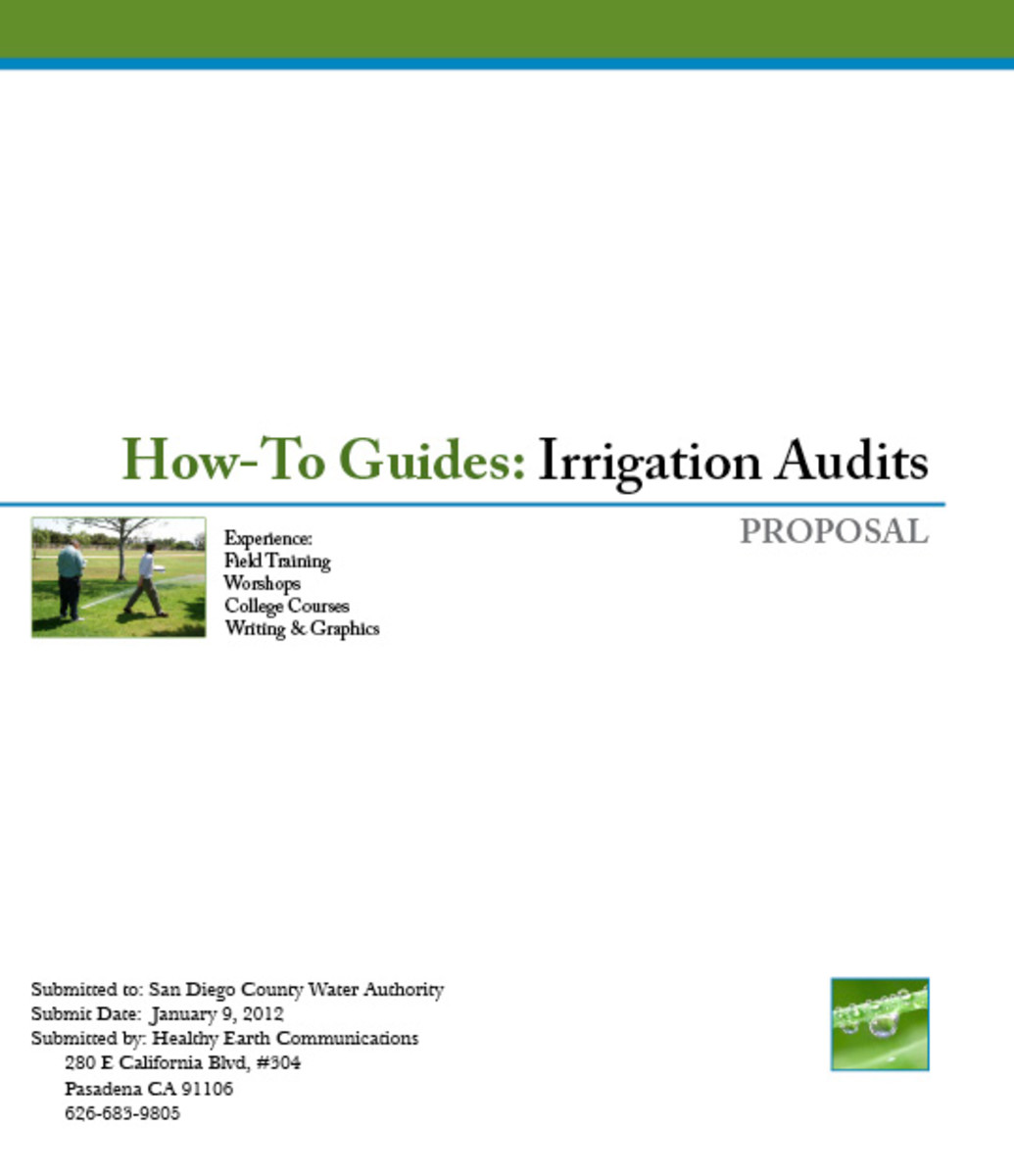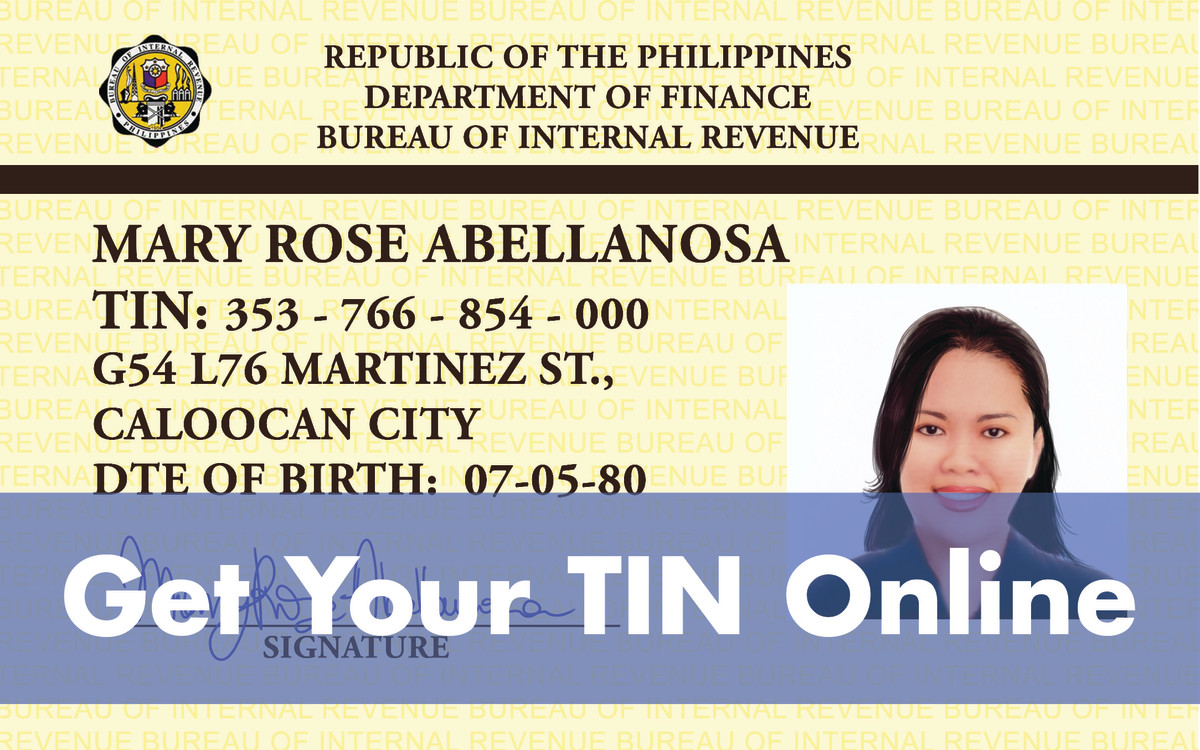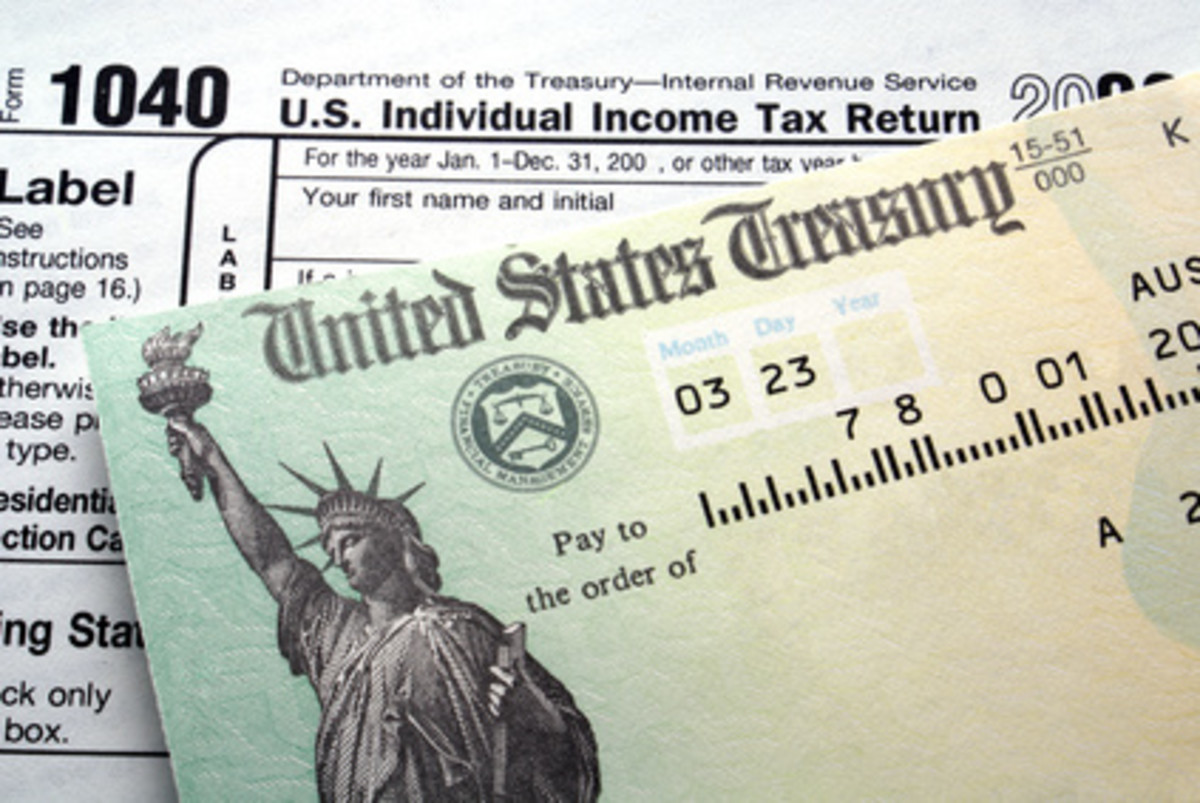- HubPages»
- Personal Finance»
- Tax & Taxes»
- Income Tax
The IRS Tax Audit Process: The First Meeting
Once you receive a letter from the IRS informing you that your tax return will be examined, you need to prepare for the first meeting with the auditor. In a previous article I outlined how you should prepare your paperwork prior to an audit. Now you are entering the first real phase of the tax audit process called “The First Meeting.”
There are two kinds of tax audits: the correspondence audit where everything is done via mail and the field audit where you sit face to face with an IRS auditor. This article will cover the later only.
Many years ago a large number of IRS tax audits took place in the auditor’s office. Today, virtually all audits take place at your business, home, or accountant’s office. If you have a business, the auditor will want to tour your business facilities. The remainder of the audit can take place at the accountant’s office.
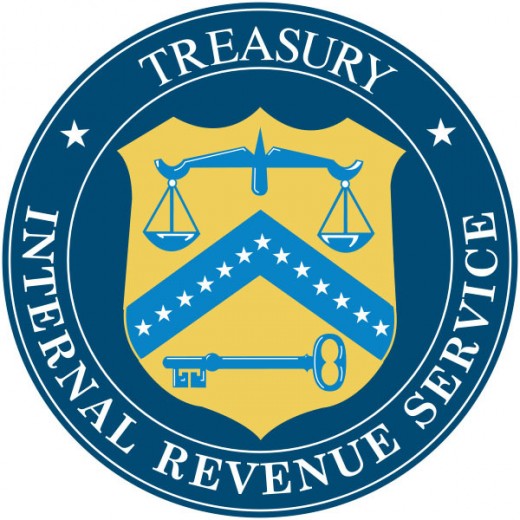
First Meeting Location
The first meeting will take place at your business if you have one. Otherwise, you will meet at your home, or, if you have representation, at your accountant’s office. The tax audit will take one of two tracks, depending if you have a small business or not.
Non-business audits: Most non-business tax audits involve issues with itemized deductions or investments. There are other issues that can generate an audit, but the bulk fall into those two areas.
Prior to the audit, the IRS auditor will review public records on you and drive past any property you own, taking notes on the condition and value of the property.
The first meeting will be at your accountant’s office (if you have an accountant representing you) 80% of the time. There is a 10% chance you meet at your home and a 10% chance you meet in the auditor’s office. If you are handling your own audit there is a 75% chance the first meeting will take place at your home.
Businesses: Tax returns with a small business get most of the audits. The first meeting will take place at the business location, including the home if you have a home office. The auditor will require a tour of all business facilities. Do not be alarmed by this demand. The auditor is required to do this. Even if you have an attorney or accountant representing you, the IRS has the right to speak with you at least once and review your business operations.
Expect the auditor to want a walk-through of any commercial locations you conduct business from and home office if you have one. The auditor will also want to view all business equipment.
IRS Agent Tells It Like It Is
Have you ever been audited by the IRS?
Did you win?
The First Conversation
The tone of the tax audit will be set early. After the auditor previews your rights, what you can expect in the audit, and what is under examination, the question phase will begin.
It is vital to review Q&A in advance with your accountant. The IRS auditor will ask pointed questions geared to ferret out hidden assets, underreported income, and overstated deductions. Your tax professional can list the questions you will be asked.
The auditor will also want to get a feel for how your business operates, if you receive cash or if most sales are by check or credit card. The auditor will want to know how cash transactions are recorded. Be prepared for the auditor asking if you keep any cash separate from the business at home or in a safe.
Each business is different. The bulk of the first conversation will deal with the mechanics of your business, or, if the audit is investments or itemized deductions, how you account for your deductions, rental income and expenses, or other investments.
IRS Agent Tells It Like It Is Part 2

Trick Questions
The IRS auditor needs to fill in pages of paperwork to satisfy his supervisor. Sometimes there is no simple answer for the auditor to fill in. When this happens, he will continue to press for a set answer. Do not succumb to temptation and provide an answer to keep the auditor happy.
Auditors do not ask “trick” questions, but will ask questions that can trick you. A few years back I had a client in an audit where the auditor wanted to nail down “exactly” how much money he kept in his home safe. He started by saying, “It varies.” This did not satisfy the auditor so she kept coming back to the question. I made it clear he already answered the question. But then my client felt compelled to come back to the question on his own and said, “As much as a thousand dollars.” Later he added, “It can be more, maybe two thousand dollars at times.” The auditor used this waffling in her report as an excuse to claim unreported income.
The truth is, in some instances there is no set answer. If an auditor wants to know how much you keep in your safe, you can say, “None of your business.” You do not have to tell the IRS how much cash you have in your wallet, safe, or anywhere else. Assets are not subject to income tax, only “income” is. Another answer is to force the auditor to nail the parameters of the question down. You can say, “At what date and time?” In most cases, the auditor will say, “Right now at this minute.” Then the trick question comes into play when they ask, “Does the amount ever vary?” The only answer you should ever give is, “Only if I take money out or put money in.” Never ever give different amounts. The IRS will assume the worst.
Auditors are not bad people. They have a job to do. Give straight answers and stick to them. There is nothing wrong with being firm. You should not care if the auditor can provide his supervisor a clean, “fill-in-the-blank” answer.
Conclusions
The IRS tax audit process is not made to harm you. It is geared to get an accurate assessment of your tax liability. Your first meeting with the IRS auditor will set the tone of the audit. Be honest and straightforward. Never let an auditor talk you into an answer. If you don’t know an answer, say so. It is not a crime.

